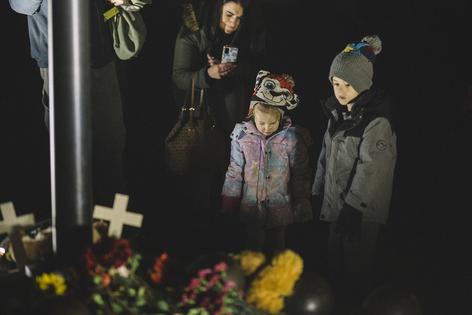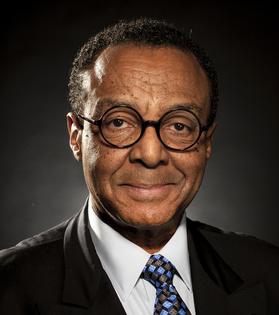Waukesha Tragedy Calls for Serious Bail Reform, Not Finger-Pointing
No, there is absolutely nothing funny about the horrors that abruptly ended Waukesha, Wisconsin’s Christmas parade. But Mary Lemanski gave it a try, for which she has received more brickbats than belly laughs.
Lemanski was social media manager for the DuPage County (Illinois) Democrats until she reacted in tweets to the horror in Wisconsin in which an SUV plowed into the city’s usually joy-filled parade, leaving five dead and 40 injured.
“It was probably just self-defense #Wisconsin #KyleRittenhouse,” Lemanski tweeted about the tragedy.
She was referring, of course, to the acquittal of Kyle Rittenhouse in Kenosha a few days earlier. He successfully pleaded self-defense and was acquitted last week in the killing of two men and seriously wounding a third during protests in Kenosha last year.
In her tweets that have been deleted, she also said, in reply to one of many negative reactions, “I’m sad. I’m sad anytime anyone dies. I just believe in Karma and this came around quick on the citizens of Wisconsin.”
So did unemployment for Lemanski. Citing “karma,” the Buddhist principle of cause and effect, did not diminish the foul impression that she was blaming Wisconsinites for the nightmare that had come to their state.
She announced her resignation in another tweet, although her boss, Ken Mejia-Beal, chair of the county’s Democrats, said she was “let go.”
“We don’t applaud or celebrate tragedy,” Mejia-Beal said in a statement regarding what he called “callous and reprehensible posts.”
“We are with the victims of this tragedy,” he quite properly said.
The lesson here is to think before you tweet. Twitter, among other social networks, is not a wise place for you to vent your pain and frustrations to the world before you’ve given yourself at least a little time to process such a catastrophic event.
But, amid the storm of reactions in sympathy and pain, the most consequential is the question of why Darrell E. Brooks, 39, who was arrested and charged with this heinous crime, was still on the street, let alone behind the wheel of a car.
Brooks, who is from Milwaukee, has a long, violent criminal history, including previous allegations of bail jumping.
He was freed less than a week earlier after being accused of trying to run over his girlfriend with the same SUV. His bail: $1,000, which even the prosecutor’s office said in a statement was “inappropriately low.”
Before that, he had been charged with or convicted of various charges in the past 22 years, including battery, domestic violence, cocaine possession and resisting arrest in several jurisdictions in Wisconsin.
He also has served, according to news reports, at least two jail sentences and various years on probation and in court-mandated work-release and, significantly, anger management programs.
All of that and more has touched off a flurry of outrage, particularly among leading conservative commentators, blaming this tragedy, among others, on the bail reform movement that has seen growing popularity in response to campaigns against mass incarceration.
Such a backlash should come as no surprise to anyone who has paid attention to the nation’s long-running debate over crime and imprisonment since the crime surge in the 1960s.
Further inflamed by the war against crack cocaine in the 1980s, it led to the 1994 crime bill, sponsored by then-Sen. Joe Biden, which passed at a time when, to everyone’s surprise, overall crime began to decline nationally to its lowest numbers since the ’60s.
That touched off a new debate over possible causes for the decline. Was it tougher law enforcement or a range of other factors, such as the economy and a range of social innovations?
It also led to a shift in prison policies as political leaders in both parties looked for less drastic and costly alternatives to imprisonment.
In recent years, that includes bail reform that reserves bail for those who pose a potential danger or flight risk — and doesn’t base it on ability to pay the cash.
Millions of people who have not been convicted of crimes end up serving the equivalent of jail terms because they simply can’t afford to bail themselves out.
Results of these reforms, accelerated by the pandemic, have been favorable overall. But a disaster like the Waukesha tragedy has lit a new fire under the law-and-order side.
I have long favored bail reforms that make freedom more affordable for many suspects, but not for those who have a record of violent crimes and who could pose a danger to the community. Darrell Brooks fits into the latter category.
I’m sure we will see further investigations and inevitable finger-pointing after the Christmas parade disaster. But most of all, we need to see some good judgment.
========
(E-mail Clarence Page at cpage@chicagotribune.com.)
©2021 Clarence Page. Distributed by Tribune Content Agency, LLC.
(c) 2021 CLARENCE PAGE DISTRIBUTED BY TRIBUNE MEDIA SERVICES, INC.










